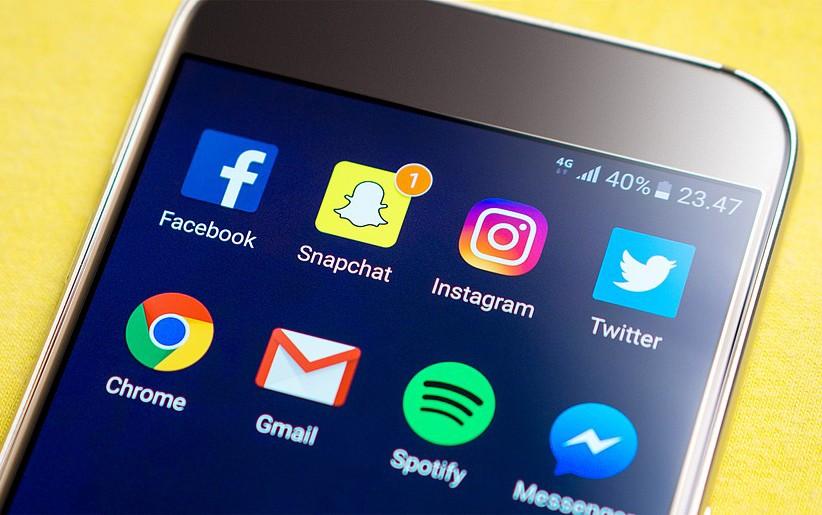The other day, I ran into a girl I knew at a bar and the topic of her job came up. She’s a debt collector. Her job is to contact people who are in debt and tell them that they have negative numbers in their bank account.
The process begins with her calling you. If you don’t answer, she’ll email you, maybe go to your house. You may have moved and don’t live at the address the bank has on file. So what does she do? She stalks you on social media, beginning with your Facebook. She has the same amount of access to your personal profile as anyone else. You can argue that most of your pictures and posts are private, but she can find family members or friends who will innocently give her your new phone number, address or work location.
She told me I should be aware of what is public on my Facebook account, and the information Facebook gathers from my public information. Even though I don’t have the Internal Revenue Service looking for me (thank God), I’ve always felt uncomfortable about what people, like job seekers, could find about me through social media. Teachers have suggested making my profiles private, maybe even creating two of them, one for professional use and one just for friends and family.
RELATED: Opinion: U.S. an enemy to internet
Facebook has always made it challenging to go completely MIA from the platform. You actually had to care about who saw your posts and go through the steps to change it. Up until writing this, I learned there is a privacy setting that allows you to “limit old posts.” Once pressed, all information on your profile — friends, photos, status updates — become unviewable to everyone but your friends. If the IRS is looking for you, I suggest this feature. But keep in mind that, even if your Facebook profile is private, people can still tag you in posts, which become viewable to their audience.
On the other hand, Instagram is better left public if you want to optimize the number of followers you get. Luckily, everything you post on Instagram is owned by you. This means if someone takes your Instagram and posts the photo on their own profile without giving you credit, then they’ve violated your copyright. BUT, in rare circumstances when your Instagram selfie is printed and sold in a New York art gallery for $90,000, then you can’t sue them under Instagram’s terms and conditions.
Painter and photographer Richard Prince got away with this because, guess what, Instagram does not protect your photos outside of the platform.
RELATED: Opinion: Professors beware, cheating on smartwatches
A spokesman for Instagram told the Washington Post, “People in the Instagram community own their photos, period. … Off the platform, content owners can enforce their legal rights.” The Washington Post clears up the statement: “Basically, if someone copies your Instagram to an account of their own, the company can do something about it. If they copy your work to somewhere outside of the social network, like a fancy New York gallery, you’re on your own.” Comforting.
Snapchat has also been a bit shady with its Snap Map feature, which allows users to share their location with fellow Snapchat friends. What people may not know is every time you open the app, your location is viewable to all your Snapchat friends, unless the “ghost mode” is on.
It’s a bit creepy that if Snap Map is left on all your so-called Snapchat friends can see your exact location.
Social media companies won’t blatantly tell you what content of yours is being shared with the world. This leaves us to personally make the decision to go through each platform and change the privacy settings. The more open your profile is, the better marketers can advertise to you. Yet, it seems that these behemoth companies have us at their mercy. Even if their terms and conditions are ridiculous, I have to accept them because, for one, I’ll never read it so I’ll never know what sort of content I’m giving away, and secondly, I want to stay connected to my friends. Fortunately, this can all be settled with a painless solution: Just delete everything.
Follow Sammy Minsk on Twitter









